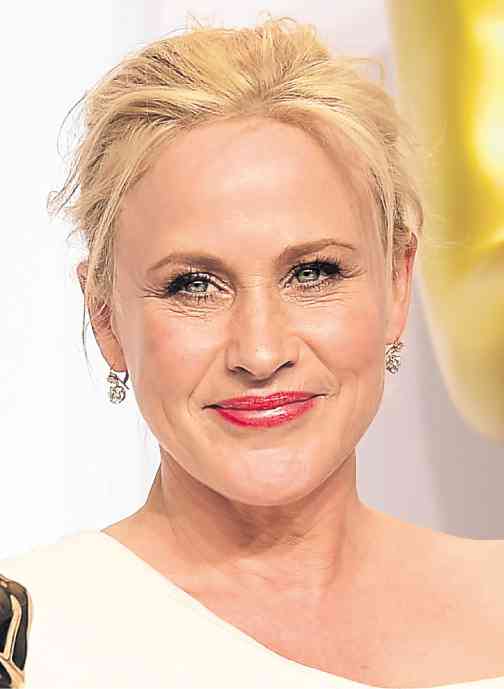The recent Academy Awards show was full of highlights and sidelights. Most uniquely significant of all was the pervasive use of the awards special by some winners as a platform to plug their pet issues, concerns and advocacies.
The Oscars have been used in this wise for a long time now, like when Marlon Brando and an American Indian woman in native costume protested the racist depiction of Native Americans onscreen.
Last Feb. 23, however, there were more vocal advocates in attendance and participation, speaking up as fast as they could to get the show’s millions of viewers to support their key advocacies.
For instance, best supporting actress Patricia Arquette was loudly applauded for speaking up for equal pay for women, and for genuine gender equality.
Best actor winner Eddie Redmayne, who portrayed ALS patient Stephen Hawking, plugged for greater awareness of and research into a cure for Hawking’s disease.
Artists involved in the film, “Selma,” reminded one and all that the long-running struggle for justice for blacks and other “colored” people is by no means over.
In fact, in another context, somebody else pointed out that this year’s Oscars were lacking in real diversity, with all four winners of acting awards as white as white could be!
Other plugs included one for a more enlightened immigration policy, and another urging parents and teachers to be more sensitive to the growing problem of suicide among young people.
Advocates’ well-meaning reminders were so prevalent that some viewers complained of “overkill” in terms of hard-sell entreaties for relevant causes. But, others understood that the advocates were simply taking advantage of the rare opportunity to connect with so many viewers—in one fell swoop!
‘Wedding Ringer’
We made it a point to catch the comedy film, “The Wedding Ringer,” last week, because it starred two promising stellar hotshots with a bright future in films—Kevin Hart and Josh Gad.
The film itself turned out to be a funny enough but rather messy production, because it was trying to do too many things all at once.
First off, the film was about a wealthy young man (Gad) who had no real friends. When his girlfriend agreed to marry him, he couldn’t find a best man, not to mention the groomsmen needed for a “society” wedding.
So, he was forced to hire a “professional” best man (Hart), who took care of everything and made sure that his client would have a wedding to remember!
Aside from that main plotline, however, some subplots were inserted to make the movie more “eventful” and “colorful”—not to mention, to enable it to ride on the trendy and profitable “gross-out” film type made popular by “The Hangover” and other exploitative flicks.
In addition, the movie included too many distracting cameos involving the groomsmen—before clumsily ending up as a treatise for honesty over fakery in relationships.
—That’s too many side issues for a small flick like this to comfortably chew on!
The most awkward diversionary tactic was to make Hart’s character a fake priest—so that he could preside over the nuptials toward the end of the film. Hart may be a versatile player, but the “priest” part of his character was particularly inept and trying-hard.
But, even if the film itself is generally a botch due to over-reaching, its two leads manage to turn in solid portrayals that sustain their reputation as exceptional comedic comers.
In particular, Hart’s career gains extra mileage from his assertive portrayal here. Being the film’s resident “schemer-in-charge,” he is firmly in control from start to finish, getting his client out of many tight spots with his quicksilver wit—and tongue!
Hart is well-regarded not just as a performer, but also as a producer. He has been rewarded with trophies at the BET and NAACP Image Awards.
For his part, Josh Gad has had successful careers on TV series, including the political sitcom, “1600 Penn,” where he played the US president’s psychologically problematic son!


